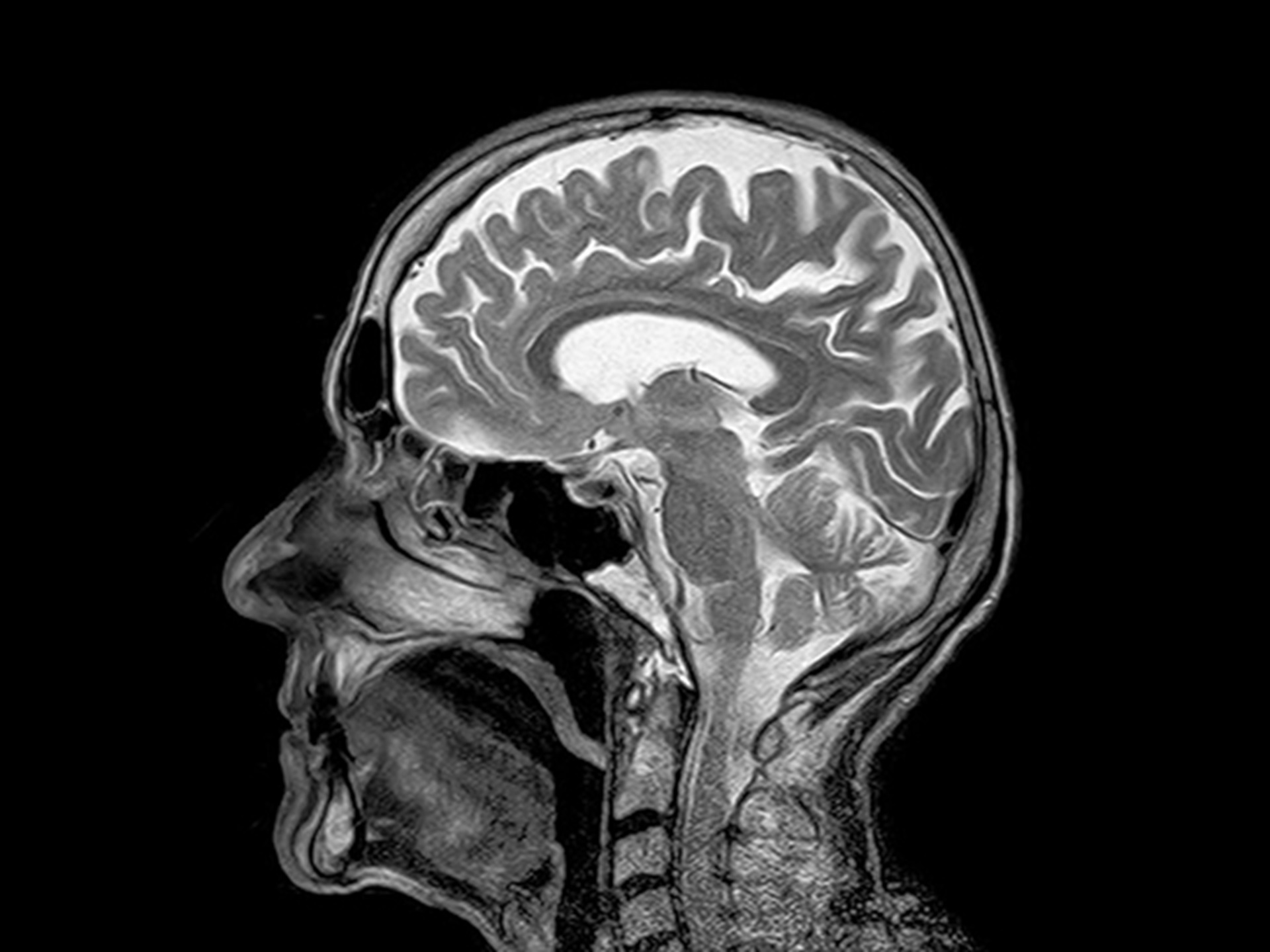The biggest ever study of DNA from people with glioma – the most common form of brain cancer – has discovered five new genetic variants associated with the disease.
One variant increases the risk of developing glioblastoma, a particularly aggressive kind of glioma with an average survival of only 10–15 months after diagnosis, by almost a quarter.
Researchers said their findings provided important new evidence for an inherited susceptibility to glioma, and offered potential clues for how to treat or prevent the disease.
Scientists at The Institute of Cancer Research, London, led an international team in analysing DNA from more than 5,637 people who had developed glioma, comparing it with 9,158 people without the disease.
Their study, published today in Nature Communications, was mainly funded by Cancer Research UK, the Wellcome Trust and the DJ Fielding Medical Research Trust.
The research added analysis of new cases to a ‘meta-analysis’ of four previous studies, and pulled together data from people with glioma from Europe, the US and Canada.
Each variant is a one-letter difference in the DNA code which increases the risk of glioma in those who have it. This study brings the total number of genetic variants linked to glioma to 12.
One variant was associated with a 23% increased risk of glioblastoma – although because glioma is a rare disease, the underlying risk to any individual remains small. This variant was close in the DNA code to the gene encoding RNA polymerase III, which plays a complex role in the synthesis and manufacture of intra-cellular messenger molecules that build other proteins.
The other four genetic variants were found to increase the risk of less aggressive, non-glioblastoma forms of glioma by around 5% each.
These may also act through their effect on other nearby genes. One variant has an intriguing link with a gene called VTI1A, which is involved in nerve development and the cellular response to insulin.
Study leader Professor Richard Houlston, Professor of Molecular and Population Genetics at the ICR, said: “We believe our study is the largest ever conducted of the genetics of glioma – the most common form of brain cancer – and it provides firm evidence that susceptibility to the disease is in part inherited.
“One of the risk factors we identified is linked to quite a dramatically increased chance of developing glioblastoma, a particularly aggressive kind of brain cancer. Our study sheds fresh light on the biology of gliomas, and could provide clues to why the disease develops, and how it could be treated or prevented.”
Dr Aine McCarthy, science information officer at Cancer Research UK, said: “These are exciting results because identifying genetic mistakes that increase the risk of glioma could be a vital first step towards developing new treatments against the disease. Building on these findings and determining the exact role these genetic changes play in the development of glioma could help doctors personalise treatment for the disease in the future and save more lives.”
